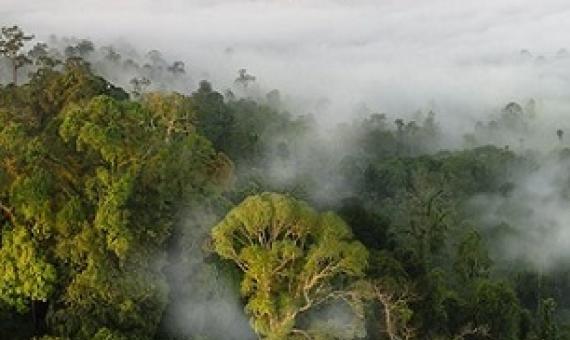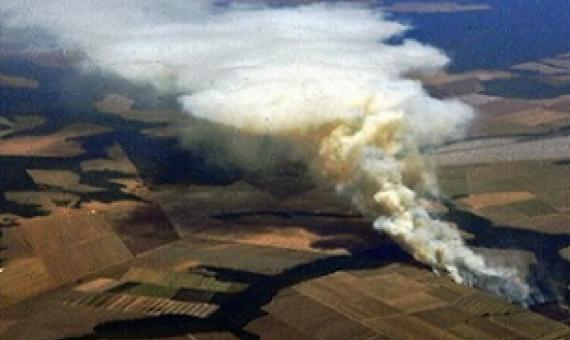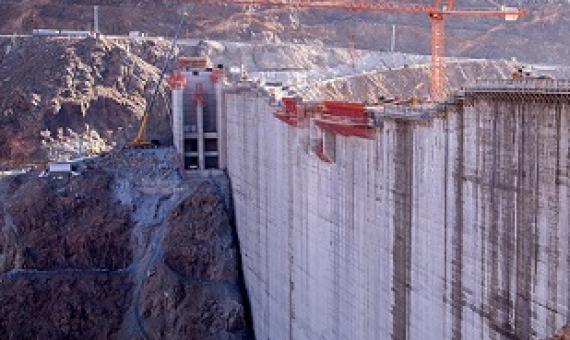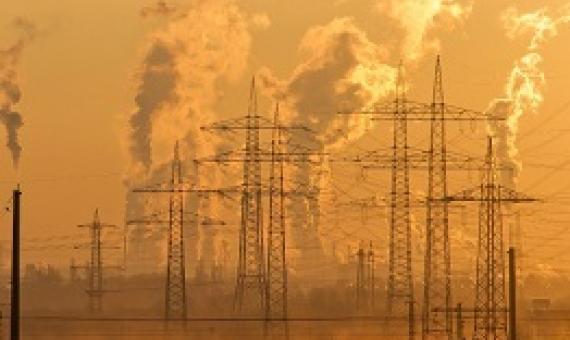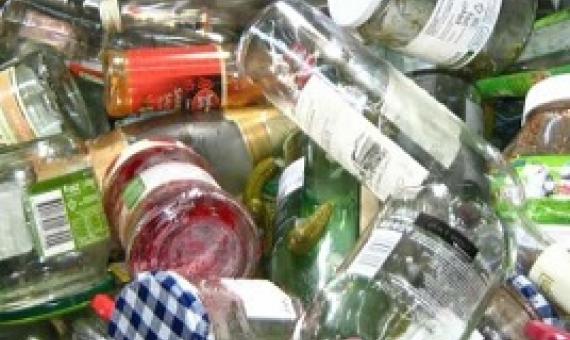The global economy faces annual losses of $2.7 trillion by 2030 if ecological tipping points are reached and countries fail to invest more in protecting and restoring nature, the World Bank said on Thursday, calling for a greener COVID-19 recovery.
Humanity's unbridled growth in recent decades has come at a "devastating cost to nature" according a wide-ranging international review on the vital economic role played by our living planet.
It’s not just your storage unit that’s packed to the gills. According to a new study, the mass of all our stuff—buildings, roads, cars, and everything else we manufacture—now exceeds the weight of all living things on the planet.
A group of researchers, led by a UNSW sustainability scientist, have reviewed existing academic discussions on the link between wealth, economy and associated impacts, reaching a clear conclusion: technology will only get us so far when working towards sustainability—we need far-reaching lifestyl
Biodiversity policy beyond economic growth
Increasing evidence—synthesized in this paper—shows that economic growth contributes to biodiversity loss via greater resource consumption and higher emissions. Nonetheless, a review of international biodiversity and sustainability policies shows that the majority advocate economic growth. Since improvements in resource use efficiency have so far not allowed for absolute global reductions in resource use and pollution, we question the support for economic growth in these policies, where inadequate attention is paid to the question of how growth can be decoupled from biodiversity loss.
We've already seen the Trump Administration use COVID-19 as an excuse to stop enforcing environmental laws and there is little question that the pandemic that has all of us under lockdown has driven most other policy issues off of the agenda.

